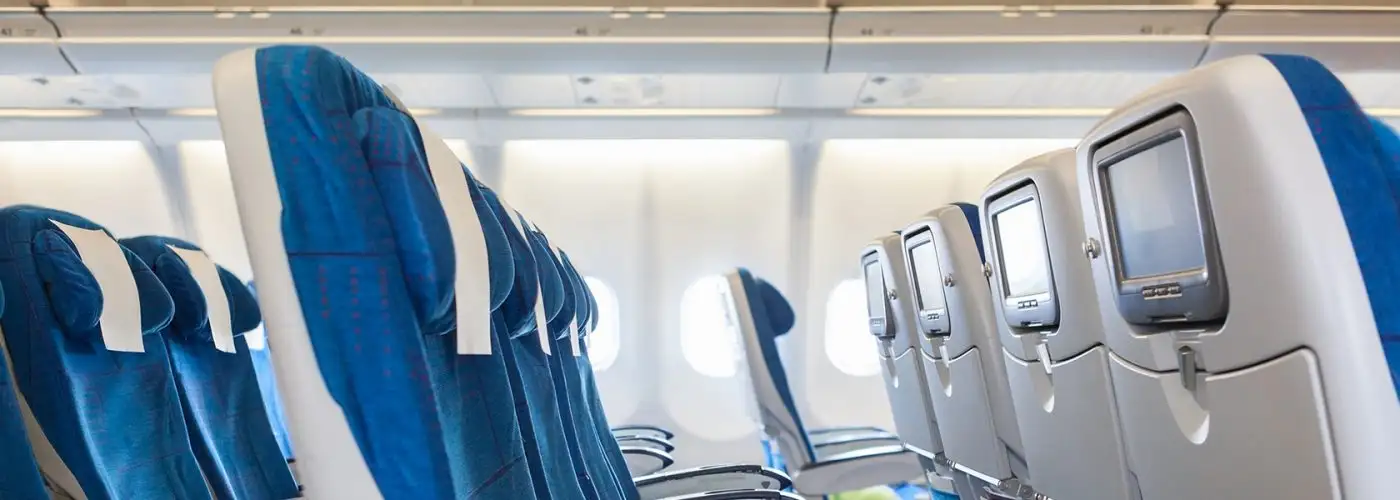Judging from inquiries sent to my personal email and from what I see online, travelers have a lot of complaints these days—about both things they’ve planned for and things that they haven’t. And some upcoming anticipated air travel changes, or lack thereof, could make the nature and frequency of those complaints worse.
A lot has happened in U.S. travel lately with regard to the new FAA and more, signaling some travel pains you might not be watching closely—but industry experts are. Here are what I think will be the top three travel pains of 2019, and how you might be able to cope.
Stiff Airline Change Fees
By now you probably know that these days, the cheapest available airfare is generally nonrefundable. If you do have to cancel, only Southwest lets you apply the full value of your canceled ticket to a future ticket buy. Tickets for canceled flights on other lines are either totally worthless (this is very typical of basic economy fares) or you can apply the value toward a new ticket only after paying a stiff change fee—typically around $200 for a domestic ticket and up to $700 on an international ticket. This hits only the minority of travelers, but it hits them hard. And if you’re already stressed by whatever caused you to cancel, those stiff fees look like “piling on” by airlines.
The Department of Transportation has no authority to regulate fees on domestic tickets, so the airlines do whatever they want—and what they want more than ever is stiff change fees. DOT does have the authority to regulate fees on international tickets, but has so far declined to do so, and it isn’t likely to change its mind this year.
Don’t look to any regulatory relief for this abuse. Instead, either fly Southwest or buy trip-cancellation insurance. And remember that when airlines suffer extended delays or cancellations, air travelers have some rights. If you’re bumped due to overbooking, DOT rules specify stiff cash compensation requirements. European Union requirements covering all sorts of delays are even stiffer. And airlines, themselves, agree to certain forms of compensation in their contracts of carriage.
Undersized Economy Seats
Today’s economy seats are too small to accommodate the average-sized adult comfortably. Airlines have largely said, “you want cheap, you get tiny seats,” and “if you want more room, upgrade”—and pay double to five times as much. Beyond comfort, however, overcrowded seats could represent a safety problem—compromising your ability to get out of a survival crash in time to avoid fire and smoke. When last year’s FAA Reauthorization Act directed the DOT to study seat size as a safety measure, some observers concluded that DOT would, in fact, dictate relief from the overcrowding.
But that’s not going to happen. The DOT seems poised to ignore the requirement; it has already decided that today’s seats meet safety standards, albeit without citing any concrete evidence. And even if it does conduct a new study to provide any insight, that study will almost surely be destined to the same conclusion.
To avoid the worst of this, check the flights you’re considering on SeatGuru (one of SmarterTravel’s sister sites) to see which have the best seating. But no current airline has truly comfortable main cabin seats. Your only option is to do what the airlines say: Pay for a seat in premium economy, first, or business class.
Hidden (and Huge) Hotel Fees
A recent flash-deals email promotion to my inbox from a well-known travel site highlights a “Classic Vegas Strip Hotel” for $35 nightly base rate (depending on your dates and room class). That’s flat-out deception considering that the hotel adds a resort fee of $40—more than the base rate—so the minimum you have to pay is really $75 a night. High hotel fees started in Las Vegas and Hawaii at resorts. The practice has rapidly expanded to other big tourist destinations like Florida, and is now hitting big-city hotels as a “facility fee.” You’ll get to that fee at some point before you buy, but you usually won’t see it in the initial price display that you use to compare hotel options.
Why? The Federal Trade Commission is supposed to regulate deceptively priced advertising, but so far the current FTC has refused to in the case of hotel fees. Your only hope for regulatory relief will come from individual states prosecuting violations of any “truth in advertising” laws they hold. No state has acted so far.
The big online travel agencies could post up-front prices on their own, covering base rate, fees, and taxes. They do so for rental cars, but so far, not for hotels. Your only remedy is to be careful for big fees when you check hotel rates. And something tells me the practice won’t get any better this year.
More from SmarterTravel:
- What Happens When an Airline Shuts Down
- 4 Reasons Why Plane Seats Are Unlikely to Get Any Wider
- Alternative Airports for Avoiding 9 Nightmare Air Hubs
Consumer advocate Ed Perkins has been writing about travel for more than three decades. The founding editor of the Consumer Reports Travel Letter, he continues to inform travelers and fight consumer abuses every day at SmarterTravel.
We hand-pick everything we recommend and select items through testing and reviews. Some products are sent to us free of charge with no incentive to offer a favorable review. We offer our unbiased opinions and do not accept compensation to review products. All items are in stock and prices are accurate at the time of publication. If you buy something through our links, we may earn a commission.
Related
Top Fares From
Today's Top Travel Deals
Brought to you by ShermansTravel
Kenya: 14-Night Tour, Incl. Tanzania &...
smarTours
 vacation
$7125+
vacation
$7125+
7-Night Caribbean Round-Trip Cruise From Orlando:...
Norwegian Cruise Line
 cruise
$739+
cruise
$739+
Ohio: Daily Car Rentals from Cincinnati
85OFF.com
 Car Rental
$19+
Car Rental
$19+




